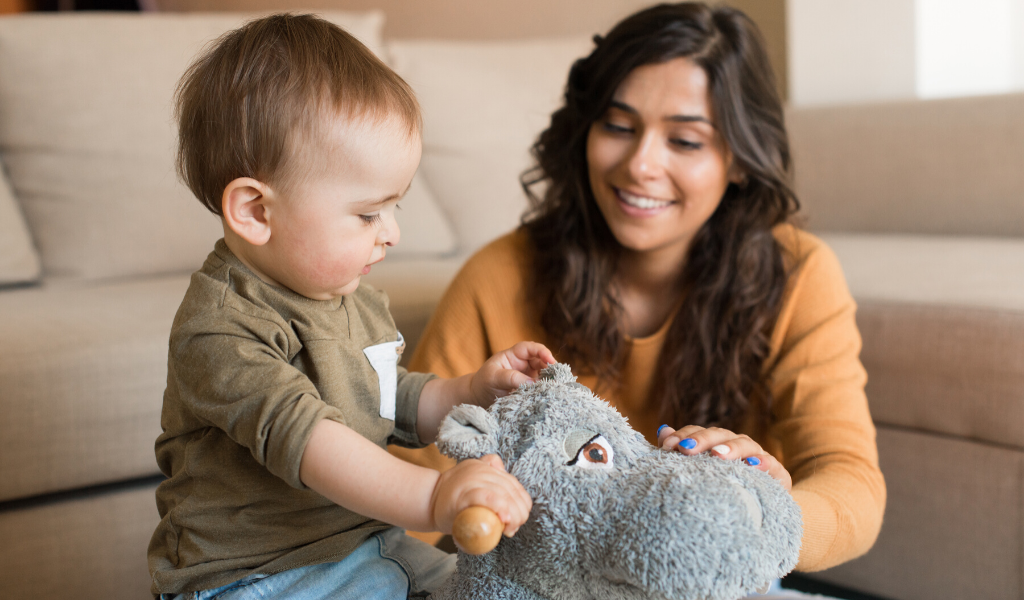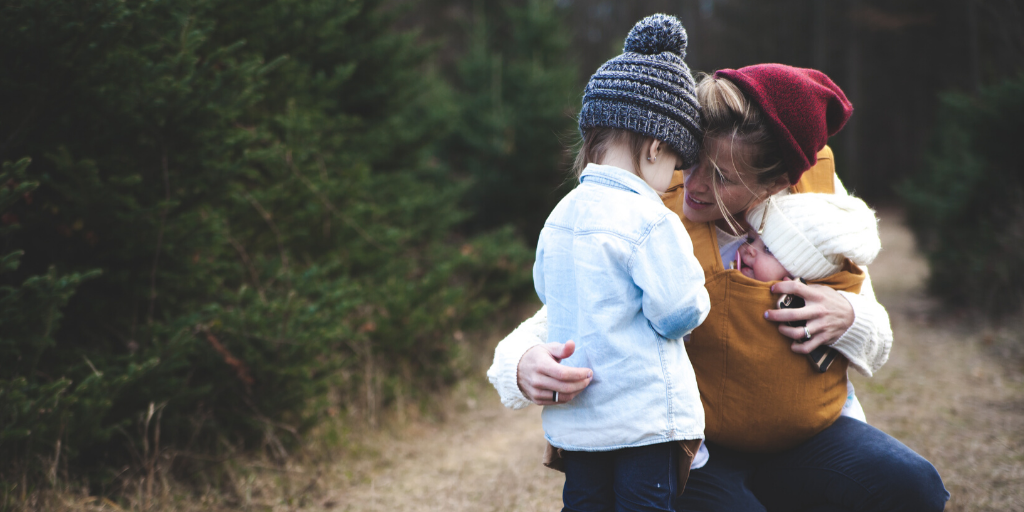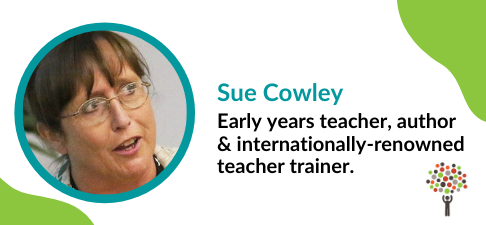When we talk about behaviour, it is tempting to think about the subject in terms of misbehaviour – those behaviours that we find problematic in our early years settings. But it is worth remembering that behaviour is simply a response to external stimuli – a response which gives us an indication of what is going on for a child internally. Children might be laughing as they play, focusing intently as we read them a story, or helping tidy up the toys. All these are positive behaviours that tell us the child is engaged and doing well in their learning.
Unfortunately, what tends to happen is that we are instinctively drawn to focus on children’s negative behaviours, because these pull our attention. By focusing on the problematic situations, we can inadvertently reinforce them. It is far more effective to focus our energy on proactive methods, for instance giving clear instructions and creating well-structured routines.

This is why it is so helpful to learn about positive approaches to behaviour. Ideally, we need to learn how to take a calm and flexible approach which supports our children in learning the how and why of behaviour. For instance, a key positive behaviour strategy is clarity around expectations. We need to be able to communicate the behaviours we want to see in our settings, in terms of how everyone behaves towards each other. For instance, getting the children to help us create a set of ‘golden rules’, and modelling the behaviours we want to see.
Tricky behaviours in young children are typically caused by a lack of impulse control. This is a feature of evolution – a baby cries when it is hungry in order to ensure that it gets fed. But as children grow older, we ask that they learn to control their impulses, in order to function well within their community.
Children need to learn that they cannot always have what they want the moment they want it; children need to learn to be resilient and to be able to cope when they face challenges; children need to learn to pay attention and focus in order to learn. All these are aspects of what we call ‘self-regulation’ – a set of executive functions in our brains that allow us to be aware of and manage our reactions and regulate our emotions.
When a child is struggling to self-regulate, the adult’s role is crucial, because it is at these moments that we can support the children via a process called co-regulation. This is where the adult works together with the child to calm and soothe them, and to help them deal with things they find challenging. In the same way that we might ‘scaffold’ a piece of learning to help a child access it, so co-regulation is a way of scaffolding behaviour to help a child with impulse control.
You might gently affirm a child’s progress as they complete a challenging task, soothe a child when they are in the middle of a meltdown or help a child understand why they feel angry, by talking about how things can make you frustrated too. All these are types of co-regulation – the adult working together with the child to support self-regulation.

When children behave in a way that we find tricky to handle, it is tempting to place the blame on the child, and to want them to face some kind of ‘consequence’. But behaviour in young children is a form of communication, and one that adults would do well to learn to unpick.
If we can figure out what the child is ‘saying’ with their behaviour, we will be better placed to meet their needs and prevent the problem behaviours. We need to ask ourselves questions about what skills the child still needs to develop and how we can help them develop these skills. For instance, supporting our children to learn empathy and to see other perspectives.
Just as we might ask these questions to improve learning, so we can ask them to support behaviour. In my upcoming Kinderly Learn webinar on Wednesday 7th July, I will be exploring all these questions and more, and looking at how self-regulation develops from birth to five.

Sue Cowley is a qualified early years teacher, author of over 30 books for teachers and parents, and an internationally renowned teacher trainer. She has helped to run her local early years setting for the last ten years. Her latest book is “Learning Behaviours: A Practical Guide to Self-Regulation in the Early Years”.